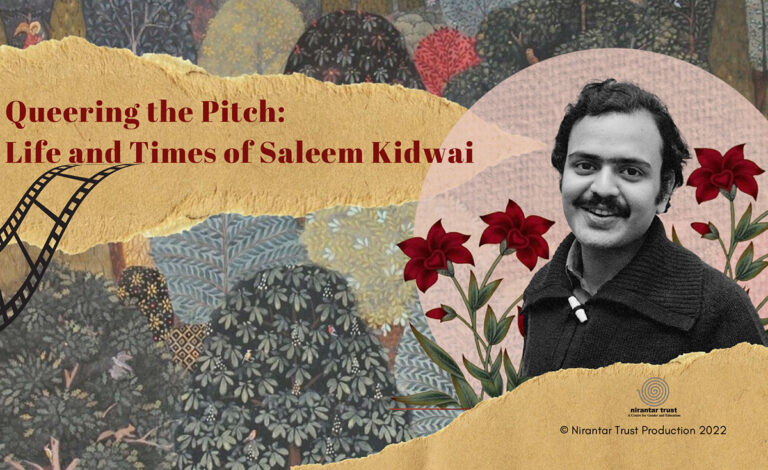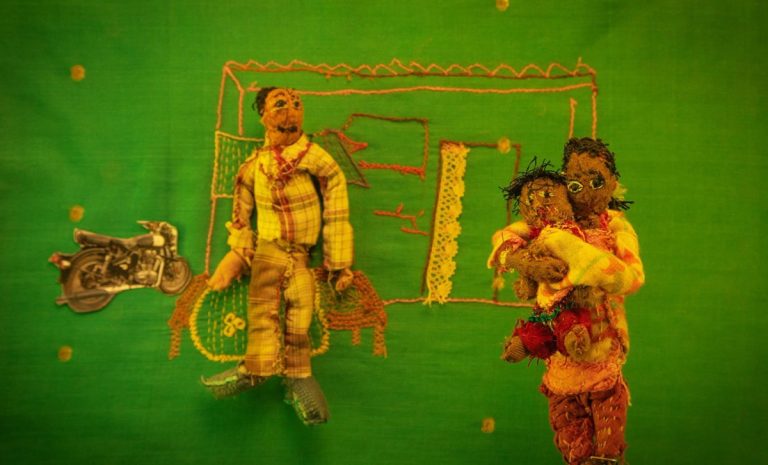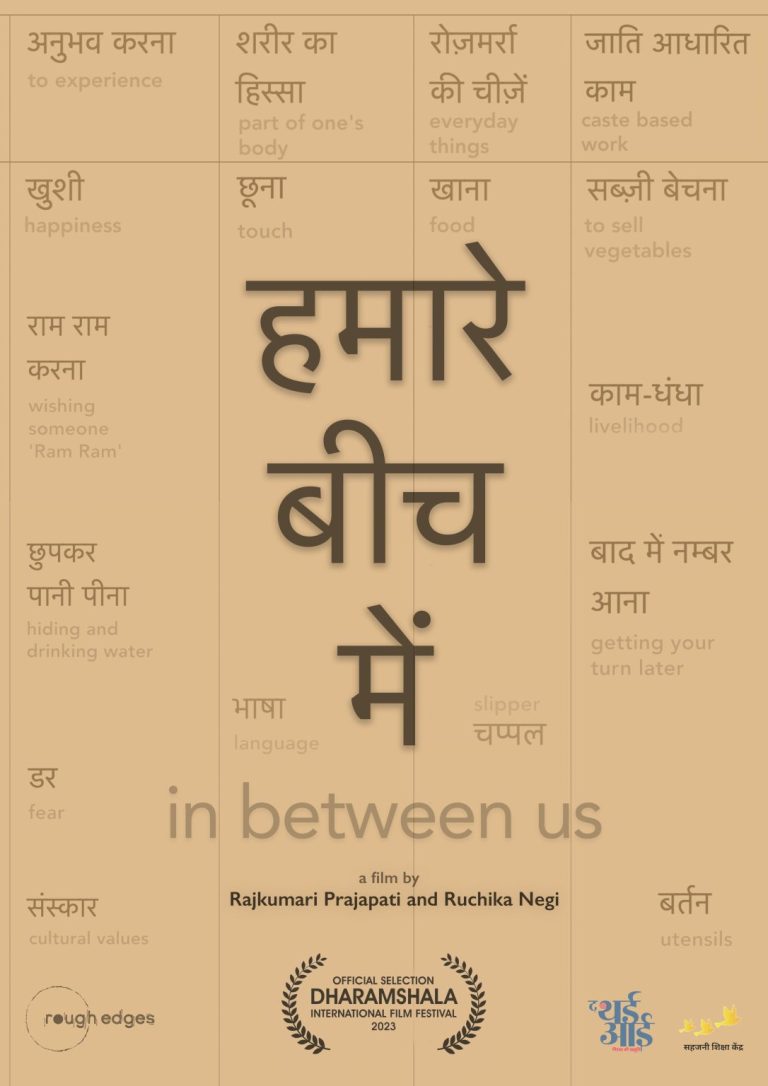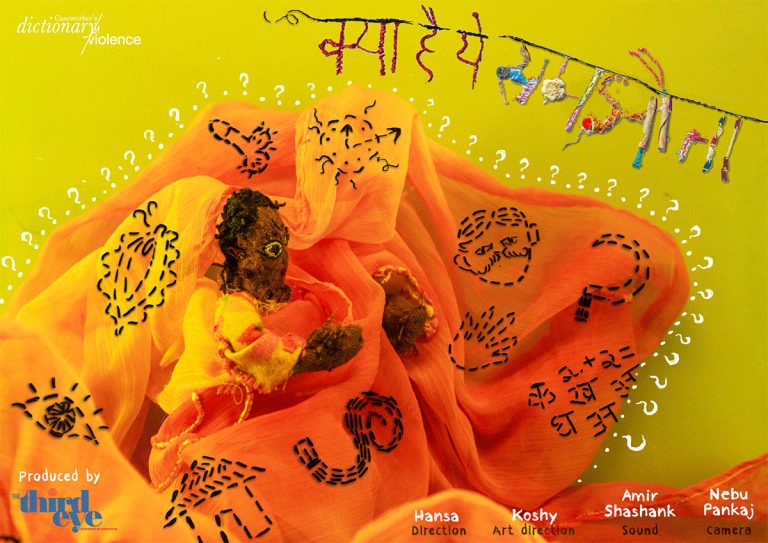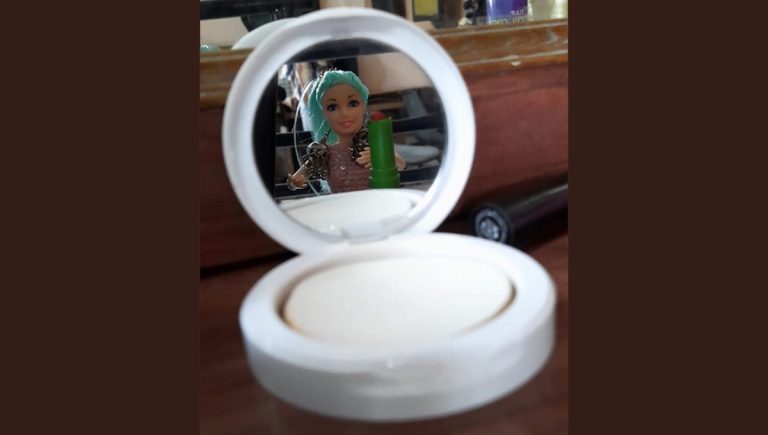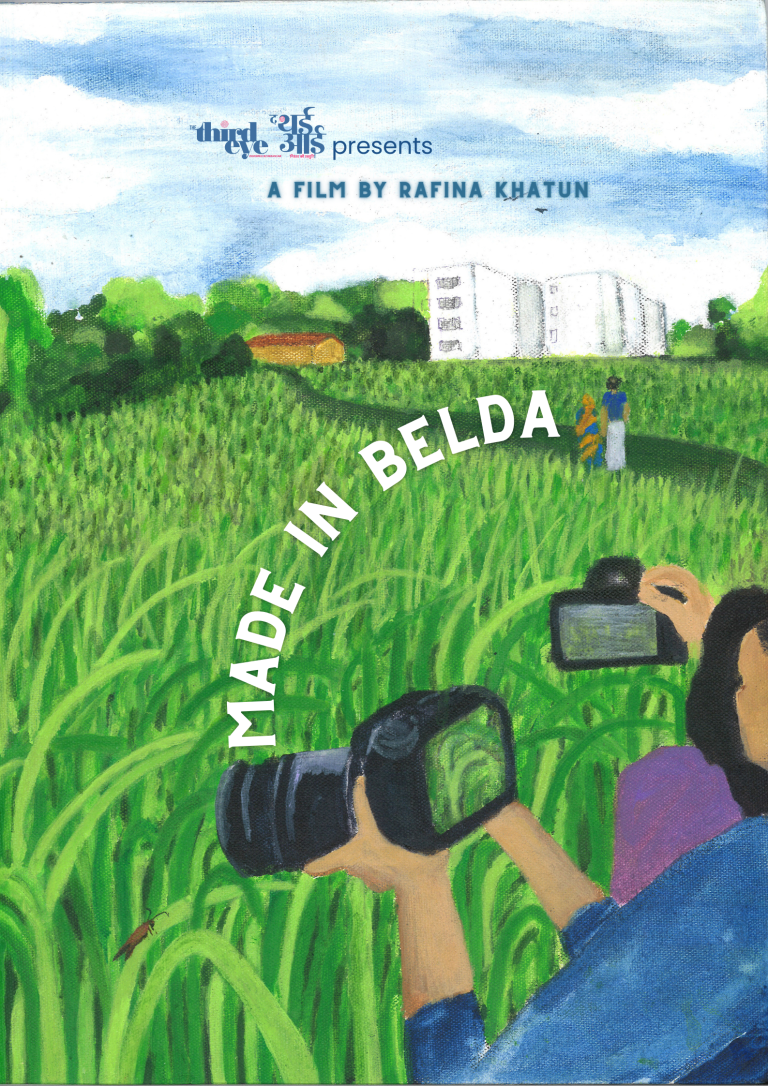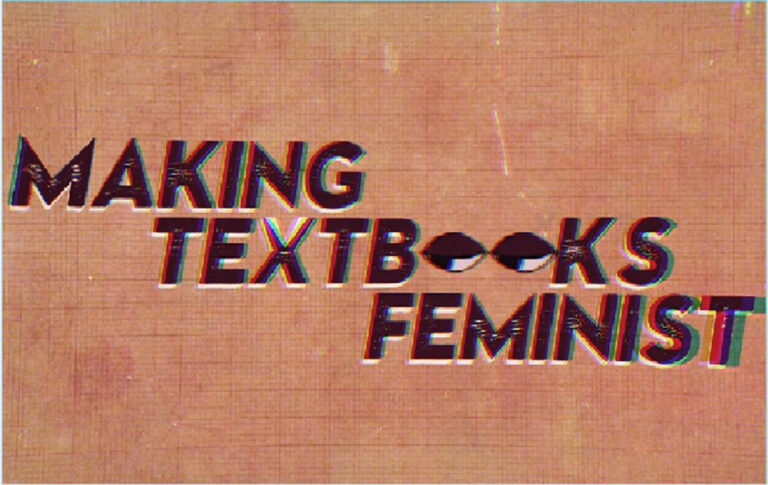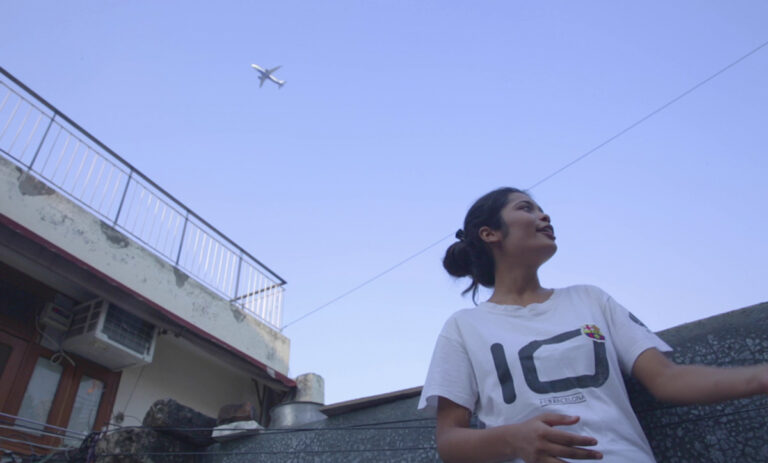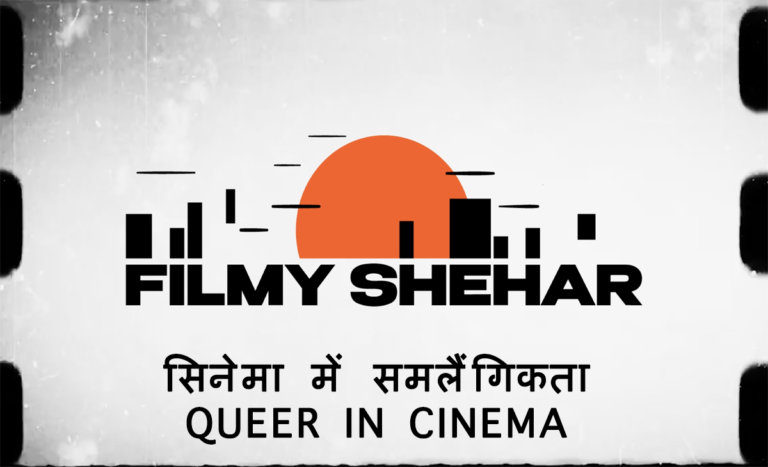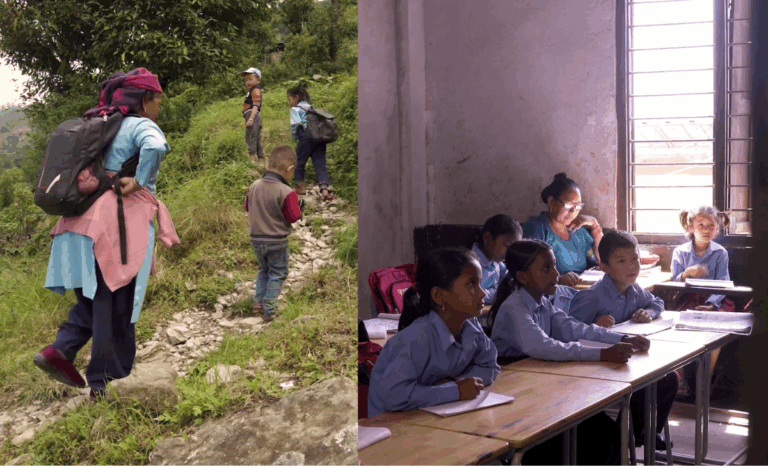
Age of Learning: A Film About A Mother’s Return to the Classroom
Many years ago, in the hills of Nepal, 12-year-old Shuvangi walked to school with her mother, who was headed to a classroom of her own. It was a school meant for adult education, and for some time, mother and child were students together. Her mother, eventually, had to give it up in favour of the responsibilities that awaited her in the household, and with it, the possibility of a different life eroded under the weight of duty.


